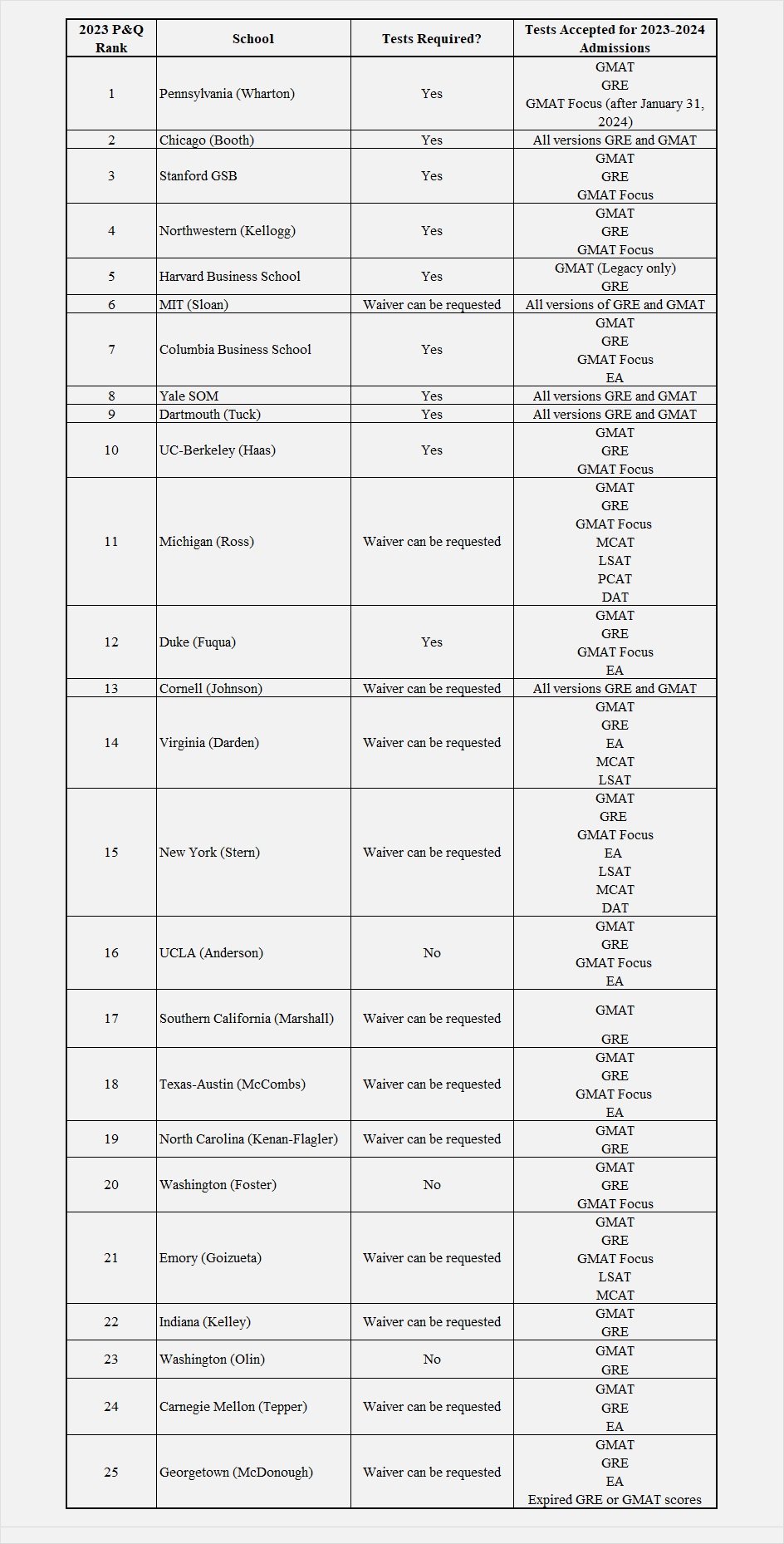When it comes to your medical school interview, preparation is the best antidote to anxiety. But there are better ways to prepare than just churning through sample questions. Over the next six days, our new series will walk you through everything you need to know to prepare for the traditional medical school interview. Check back daily as we discuss the six question types you can expect and provide response structures, sample answers, and practice questions.
Make a Claim and Back it Up Responses
Claim Questions are simple and direct—but your answer should be complex and direct. Just like with your Situation-Action-Result (SAR) responses, you will want to use stories here, not just statements. The question may ask you about attributes or skills you have, but do not be fooled, they're not looking for a list. The interviewer wants to hear examples of when you’ve exhibited those things. Go ahead and use multiple examples! They don't all have to be long, but they should be detailed.
Some questions will be about the hypothetical future, things you'd do as a medical student or doctor. Think: "What would you do if a colleague made a serious clinical mistake?" An ethical question like this should still be backed up with experiences, if possible, or anecdotes that prove that you have the qualities you claim to have. "In the past, I've been quick to remedy others' mistakes. During my work at a university lab…" You want to show your critical thinking too. Explain your thought process, "If I was close to this colleague, I would…”
Questions could also seem to require opinion-only responses. Something like: "What are your feelings about euthanasia?" But don't get it twisted. This is a "make a claim and back it up"-question. You believe or don't believe in it “because…”
One question that you'll almost certainly be asked: What qualities do you have that will make you a good physician? Here's an example of a strong answer:
“I'm calm and precise under pressure: As a scribe in the ER, I was part of the intake for multiple patients involved in a three car accident. The ER was understaffed and very busy already, so the atmosphere was chaotic. I documented several patients' conditions, bouncing from one doctor's side to another. Later, my supervisor praised my calm demeanor and consistently accurate work. The ER was, of course, a generally hectic place, and I adapted to it quite well.
I also think a good physician must be able to connect with a diverse array of patients. While volunteering and shadowing at a free clinic, I spoke with patients of all ages, most of them in underserved populations. In one instance, I was asked to give a 5-year-old child a PCR Covid test—but she was terrified and pulling away. Moreover, there was a language barrier; both the girl and her mother only spoke Spanish. I decided to take my time instead of rushing into the test. There was a stethoscope in the room, and I thought she might like listening to her own heart, so I showed her how it worked—mostly through gestures on my end. Her mother was able to translate what was happening as well. I let the young girl listen to my heart, her mother's, and then her own. She was amused and after that, she trusted me more. I then pulled out the PCR test kit again. I spoke soothingly, and I knew she understood my tone. She was uncomfortable during the test—the test is uncomfortable—but she endured it without pulling away. I praised her after the test. I've since begun Spanish lessons, as I think that is the most practical second language to learn in America. I also better understand social determinants of health after working with recent immigrants at the clinic.
Finally, I'm eager to learn and believe a physician must have intellectual curiosity. When I worked on a diabetes study at my university lab, I went beyond my daily responsibilities, reading previous studies unrelated to ours to be more informed about the disease. I now feel like I have a depth of knowledge on this topic.”
Other “make a claim and back it up”-questions that you may be asked:
How will you add to the diversity of our school?
What is your greatest strength?
How do you deal with stress?
Explain your academic path. (Here, focus on the positives and how they led you to medicine. Illustrate this with maybe three poignant experiences.)
Where do you see yourself in 10 years? (Here, you can share both past experiences and what you hope to learn in medical school that will help you achieve this goal.)
Related:
What to Expect in Your Traditional Medical School Interview: Lead with a Confident Introduction
What to Expect in Your Traditional Medical School Interview: Situation, Action, Result Responses


